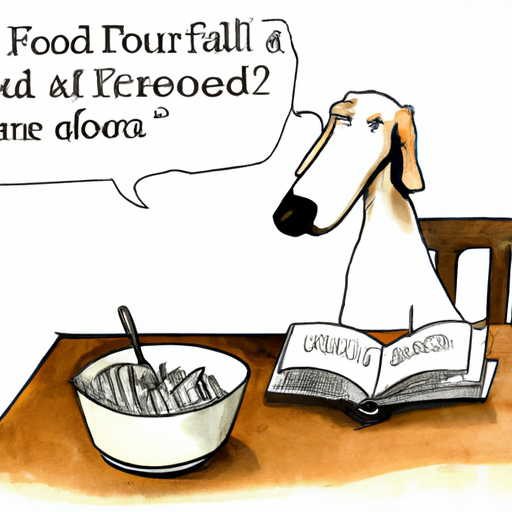title: Why is Grain-Free Bad for Dogs?
Why is Grain-Free Bad for Dogs?
You’re a caregiver, a nurturer, someone who stops at nothing to ensure the well-being of your beloved pet. You’ve probably heard the buzz about grain-free diets for dogs and are wondering if you should hop on the bandwagon. However, recent studies suggest that grain-free diets might not be the best choice for your furry friend.
The Rise of Grain-Free Diets
The grain-free trend started with the human gluten-free movement. As people began to eliminate grains from their diets, they started to do the same for their pets. Marketing claims painted grains as unhealthy fillers, leading to obesity and allergies in dogs.
But, let’s clear the air here. Grains are not bad for dogs. On the contrary, they provide essential nutrients such as fiber, vitamins, and minerals. Dogs, unlike wolves, are omnivores and can digest grains quite efficiently.
The Link Between Grain-Free Diets and Heart Disease
In July 2018, the Food and Drug Administration (FDA) released a statement linking grain-free diets to a type of heart disease in dogs called dilated cardiomyopathy (DCM). This condition weakens the heart muscle, preventing it from pumping blood effectively.
Here’s a quick look at some numbers:
| Year | Reported DCM Cases |
|---|---|
| 2014 | 14 |
| 2015 | 15 |
| 2016 | 16 |
| 2017 | 24 |
| 2018 | 320 |
The sharp increase in DCM cases after 2017 is alarming, with most of the affected dogs being on grain-free diets.
Unbalanced Nutrition
Grain-free diets often replace grains with legumes like peas and lentils or other high-protein ingredients. While these are not harmful in moderation, they can lead to an unbalanced diet if they dominate the food composition.
Your dog needs a balanced diet to stay healthy. This includes:
- Proteins
- Carbohydrates
- Fats
- Vitamins
- Minerals
- Water
It’s not about avoiding a specific ingredient; it’s about ensuring your dog gets all the nutrients it needs.
The Truth About Canine Allergies
Yes, dogs can have food allergies. But grain allergies are extremely rare. Most canine food allergies are to proteins like beef, dairy, and chicken. So, unless your vet specifically diagnosed your dog with a grain allergy, there’s no reason to eliminate grains from their diet.
Making Informed Decisions
As a caregiver, you want what’s best for your pet. But it’s essential to base your decisions on scientific evidence rather than marketing claims. Always consult with your vet before making significant changes to your dog’s diet.
Frequently Asked Questions
Q: Are all grain-free diets bad for dogs?
A: Not necessarily. But it’s vital to ensure your dog gets a balanced diet. Always consult with your vet before switching to a grain-free diet.
Q: What should I feed my dog if not grain-free food?
A: A balanced diet that includes proteins, carbohydrates (which can include grains), fats, vitamins, and minerals.
Q: My dog has been on a grain-free diet for years. Should I be worried?
A: It’s always a good idea to consult with your vet if you have any concerns about your dog’s diet. They can provide personalized advice based on your dog’s health history.
Q: Can dogs digest grains?
A: Yes, dogs are capable of digesting grains and can benefit from the nutrients they provide.
As a caregiver, you have the power to provide the best care for your pet by making informed decisions. Before you jump on the grain-free bandwagon, take a moment to understand the science behind it. Your furry friend is counting on you.



